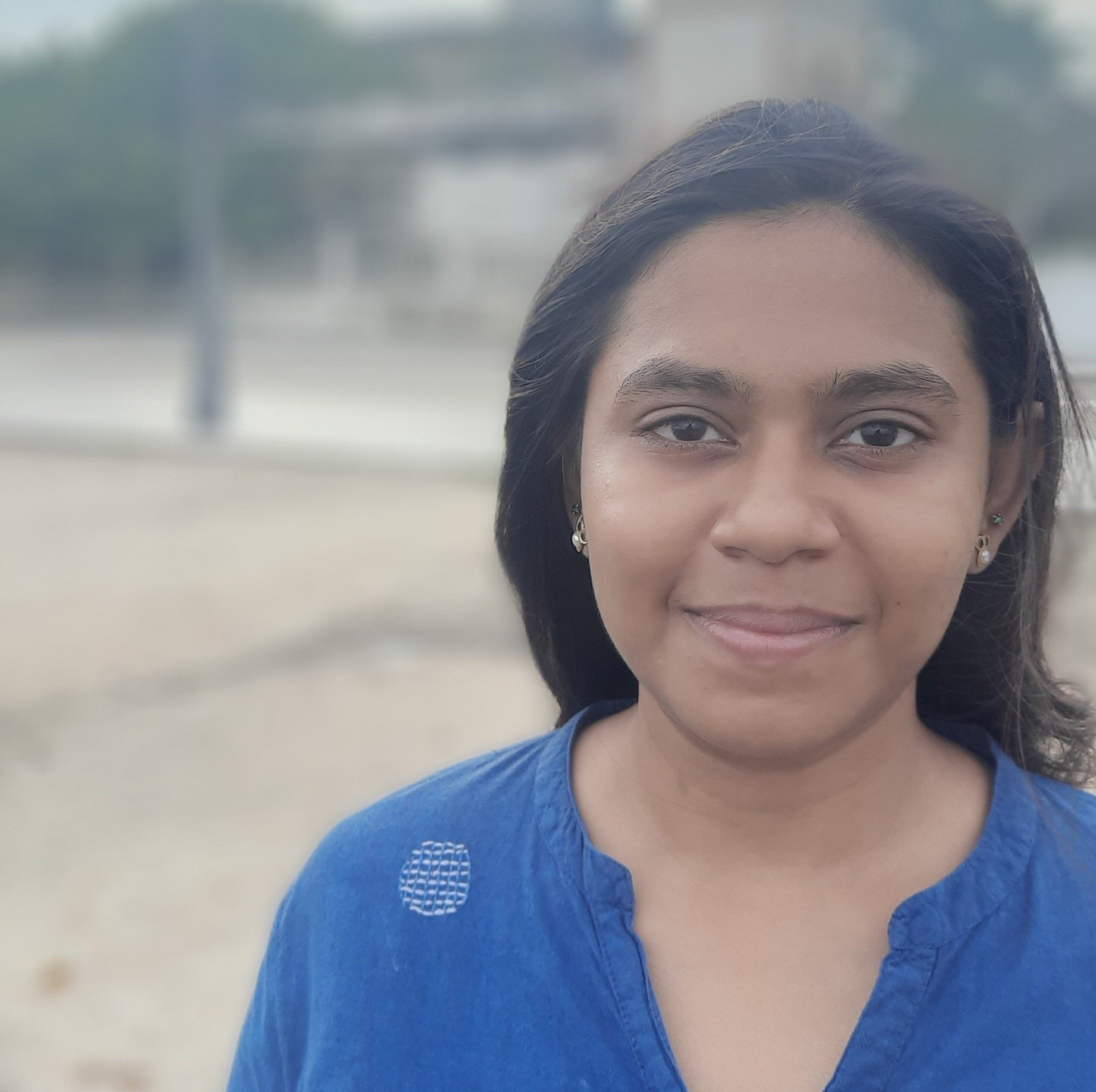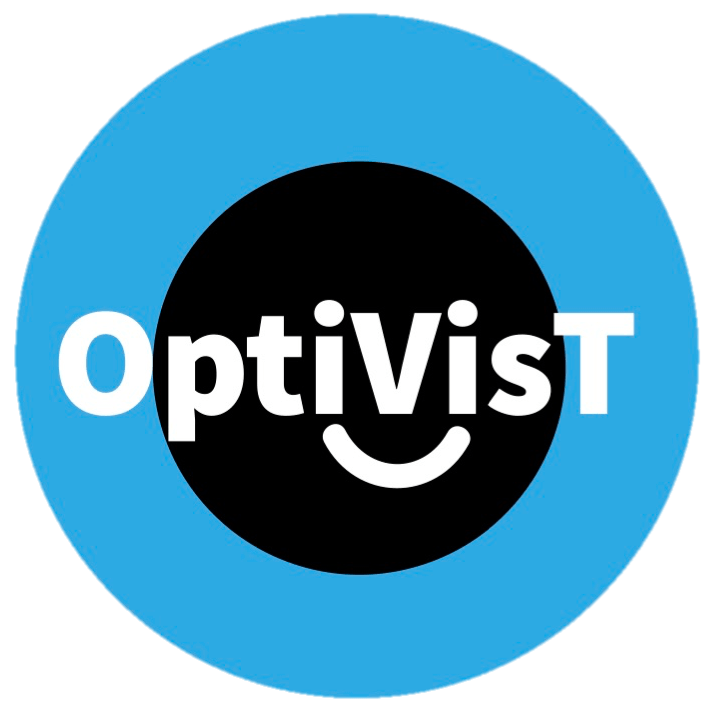AKSHARA GOPISWAMINATHAN

Visual evoked potential-based assessment of functional vision via natural stimulus perception
The project will be carried out at the Visual Processing Laboratory of the Ophthalmic Department in the Otto-von-Guericke University Magdeburg, Germany, supervised by Prof. M.B. Hoffmann.
Personal Background and Interest:
I am an optometrist from India. I obtained my bachelor’s degree from the Elite School of Optometry in 2019 during which I worked in electrophysiology- Visually evoked potentials (VEP) and Electroretinogram (ERG) during my bachelor's. Following that, I did my master's at Manipal Academy of Higher Education and received my degree in the year 2021. For my master thesis, I worked on investigating the Blur perception in Myopes, Emmetropes, and Subjects who underwent Refractive surgery. Following my summer schooling in 2020 at Neuromatch academy, I have also been working remotely in some computational works in collaboration with the Orthogonal Lab.
Research Interest:
Psychophysics, electrophysiology, and computational neuroscience.
Aim of the project:
During clinical routine, functional vision testing shows disadvantages of employing less-engaging stimuli and relying on subjective responses, which are strong confounds in particular in patient or pediatric populations. With the use of objective readouts of neural brain responses, I try to overcome these challenges. Therefore, the objective of my project is to develop a new tool to test functional vision using natural stimuli (based on Visual Evoked Potentials (VEP) signatures of endogenous attention) for low-demand and enjoyable objective visual function testing.
Current activities:
I am planning to set-up a paradigm of comparative acuity estimations, including psychophysical measures and electrophysiological measures such as the acuity-VEP and P300-based paradigms. After testing and establishing the paradigm in adults, it will be used for children testing.
To date, I have performed a pilot test comparing visual acuity measurements based on VEP, subjective visual acuity, and EEG and also a case based visual acuity estimation in amblyopes. This required optimizing the visual stimulation, the recording approaches and the data analysis tools. I am currently looking into which method properties cause the difference in visual acuity estimates between the three methods. I am also working on the probable reasons and the reliability, in terms of visual acuity estimation, of applying these methods to patients with amblyopia.
Future directions:
In the future I hope to apply these methods to other patient populations with visual impairments, such as nystagmus and optic neuritis.
My OptiVisT experience:
During my secondment in the private sector, I had the chance to work in a collaborative environment that broadened my perspective on functional vision research. Engaging with other ESRs brought fresh ideas and insights, inspiring new approaches to vision testing. I gradually developed my skills in electrophysiology and psychophysics, focusing on their application to clinical challenges. It has been rewarding to contribute to research that aims to improve the assessment of visual impairments, all within a supportive space that encourages learning and growth.
Project output
I have presented my work at the European Conference on Vision Perception 2024.
The above described project results are presented in a publication:
- Gopiswaminathan AV, Haldina J, Al-Nosairy KO, Duval CZ, Stolle FH, Hoffmann MB, Heinrich SP. Objective Visual Acuity Estimates in Amblyopia Are More Accurate With Optotype-Based P300 Than With VEP Measurements. Transl Vis Sci Technol. 2024 Dec 2;13(12):30 http://dx.doi.org/10.1167/tvst.13.12.30
Contact
Interested in my work and want to get in touch? Send me an e-mail or follow me on akshdocs@gmail.com or on X or on LinkedIn

